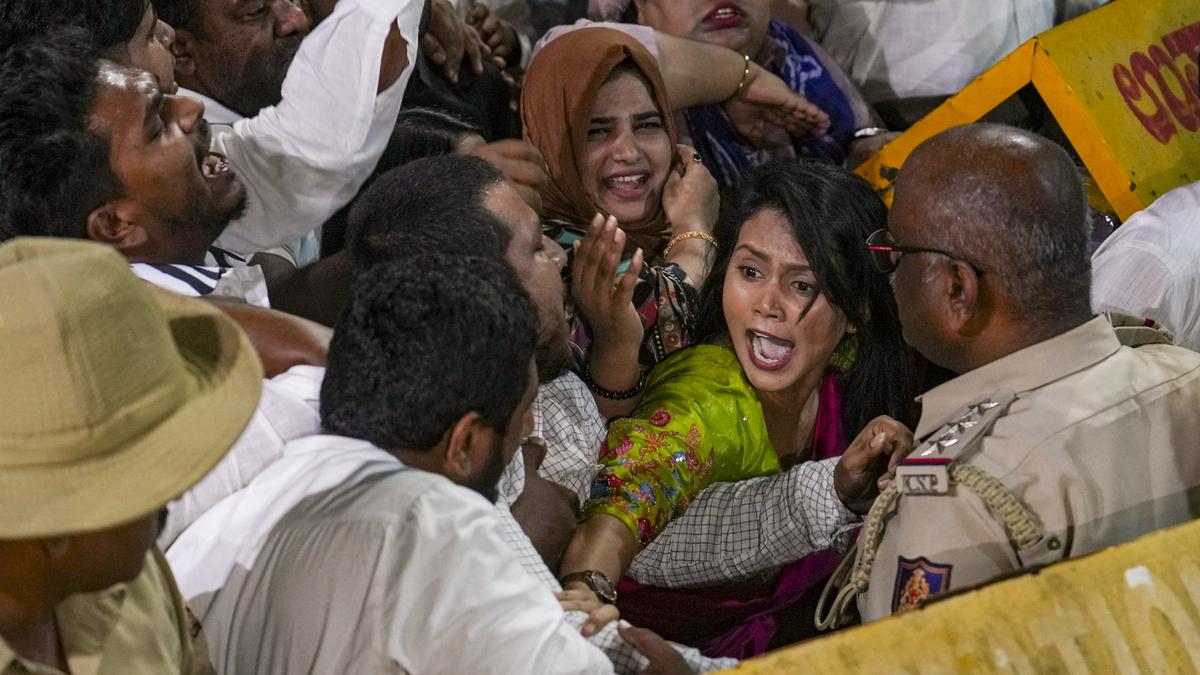An ‘anti-drugs selfie pledge booth’ is among the activities being launched by the vocational higher secondary education (VHSE) National Service Scheme (NSS) as part of the recently launched ‘No to drugs’ government campaign.
The activities labelled ‘Varjyam’ include both campus and community-based activities. A VHSE mini camp, on the lines of its seven-day NSS camp held during the summers, will be organised on October 22 and 23 for the newly enrolled NSS volunteers in the Plus One course. The selfie pledge booth will be put up as part of the camp.
More than 16,000 Plus One students have enrolled as NSS volunteers this year. Training for two school leaders from among the volunteers from 338 VHSE schools has been completed. They, in turn, will provide orientation to the remaining volunteers about how to conduct the mini camp, the Varjyam anti-drug campaign, and the activities to be implemented.
The 24-hour residential camp, to begin after school on October 22 and conclude on October 23, will begin with a ‘lahari viruddha jwala’ and an anti-drug pledge. This will be held in a public place like junctions where parents of students and people’s representatives too will be present. Candles will be lit to mark the start of the campaign.
In the evening, groups of students will script a street play with the theme of drugs and family and social problems. The play performed the next evening.
Outside the gates of the 338 VHSE schools hosting the mini camp, an anti-drug selfie pledge booth to involve maximum members of the public will be set up. The people will be urged to take a selfie in the pledge booth and use it as their display picture (DP) or in their status to give the campaign maximum visibility.
The students will also visit bed-ridden patients who are alone and interact with them as part of Vayohitham, a project being revived again by the NSS. Based on the interaction, they will prepare a report with their observations on the dependents, the nature of their dependency, and their needs, and hand it over to the local body and nearby primary health centre.
The students will also collect books that each has brought to the camp and set up reading corners in places such as hospitals or police stations.



